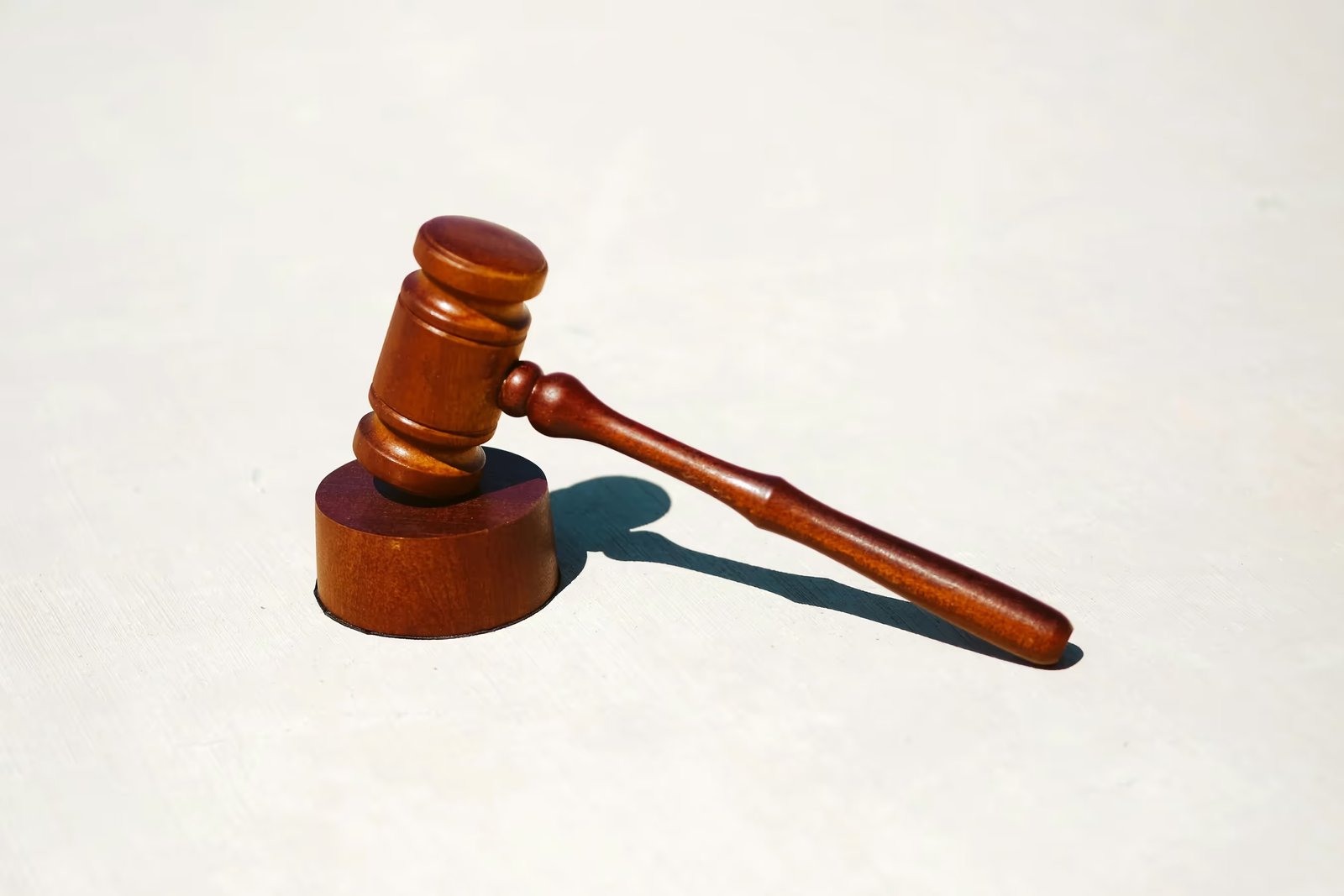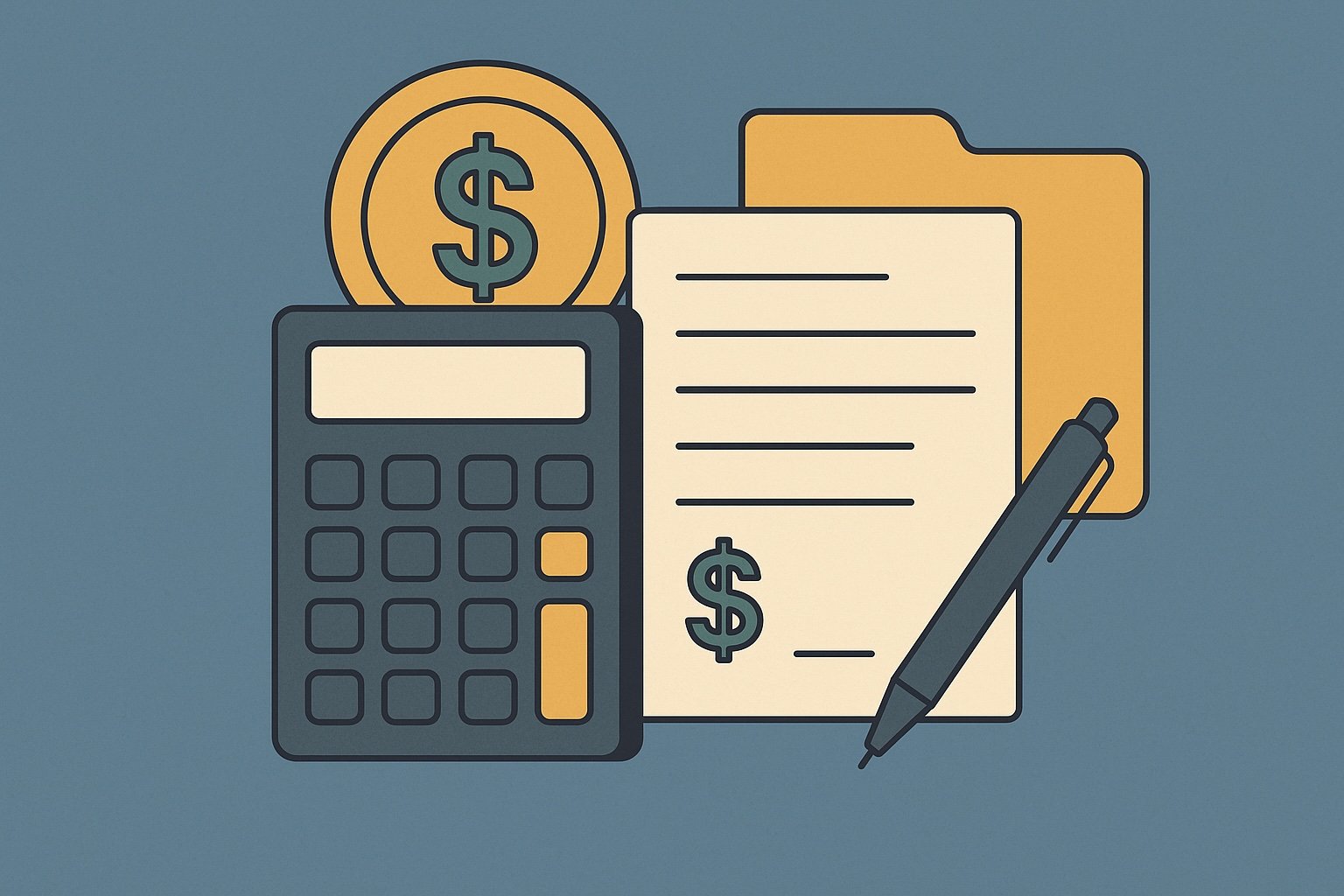Question
ARTE's Answer
When considering a 1031 exchange involving foreign property, it's important to understand the specific rules and limitations set by the IRS. Under Section 1031 of the Internal Revenue Code, the exchange of real property must involve like-kind properties. However, the IRS has specific guidelines regarding what constitutes like-kind property, particularly when it comes to the geographic location of the properties involved.
According to IRS guidelines, real property located in the United States and real property located outside the United States are not considered like-kind. This means that you cannot exchange a property located in the U.S. for a property located in a foreign country and expect to defer your capital gains taxes under a 1031 exchange. The same rule applies in reverse; you cannot exchange foreign property for U.S. property under a 1031 exchange.
To illustrate this with an example, let's say you own an investment property in France that you wish to exchange for a property in California. Unfortunately, this exchange would not qualify for tax deferral under Section 1031 because the properties are not considered like-kind due to their different geographic locations.
However, there are some exceptions when it comes to U.S. territories. For instance, properties located in the U.S. Virgin Islands, Guam, and the Northern Mariana Islands can be considered like-kind with properties located in the U.S. mainland, provided certain conditions are met. This is due to specific tax coordination rules that apply to these territories.
Let's consider a practical example using Deferred.com as your qualified intermediary. Suppose you own a commercial property in the U.S. Virgin Islands and wish to exchange it for a similar property in Florida. As long as you meet the requirements of Section 1031, such as identifying the replacement property within 45 days and completing the exchange within 180 days, this transaction could qualify for a 1031 exchange. At Deferred.com, we would facilitate this process by acting as your qualified intermediary, ensuring that the exchange is structured correctly to defer your capital gains taxes.
In this scenario, you would transfer your Virgin Islands property to us at Deferred.com, and we would hold the proceeds from the sale. We would then use those proceeds to acquire the Florida property on your behalf, completing the exchange. By using our “No Fee Exchange” service, you would save on costs typically associated with such transactions, allowing you to maximize your investment potential.
It's crucial to consult with a tax professional or a 1031 exchange expert to ensure compliance with all IRS regulations and to explore any potential exceptions that might apply to your specific situation. If you have any further questions or need assistance with your exchange, feel free to reach out to us at Deferred.com.
Have more questions? Call us at 866-442-1031 or send an email to support@deferred.com to talk with an exchange officer at Deferred.
Sources
- Publication 544 (2023), Sales and Other Dispositions of Assets
- Goolsby v. Commissioner
- Rev. Rul. 2002-83 (Related Party Exchanges)
- TAM 200039005 (Failed Reverse Exchanges)
- Section 1031 Exchanges in the U.S. Virgin Islands, Guam and Northern Mariana Islands (Article)
- Teruya Brothers, Ltd. & Subsidiaries v. Commissioner, 124 TC 45
- Deferring Losses On The Sale of Property Using 1031 Exchanges
1031 Question? Ask ARTE
Deferred's AI 1031 Research Assistant is trained on 8,000+ pages of US tax law and outperforms human CPAs by 22%+
CHAT NOW
Learn More
See more frequently asked questions about 1031 exchanges








